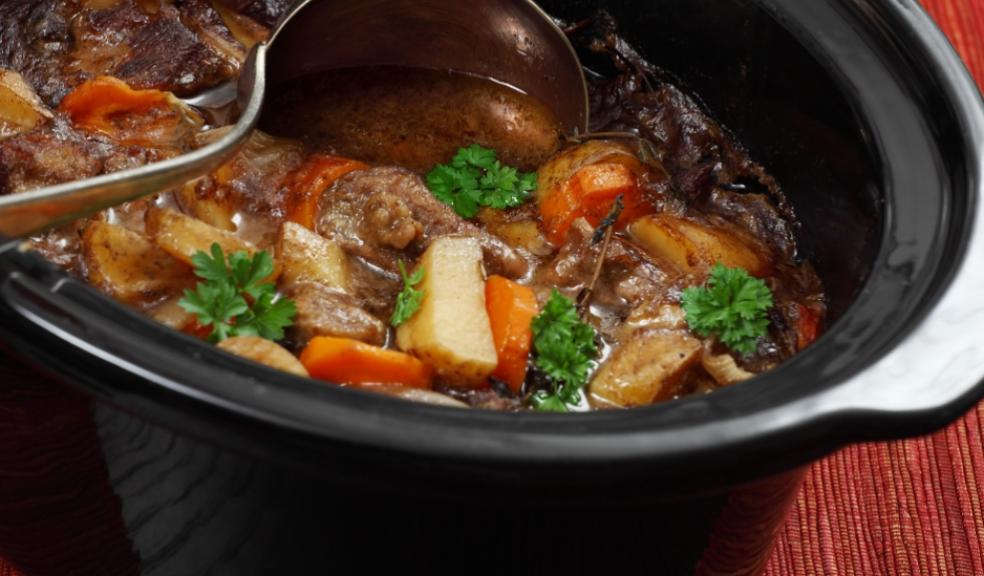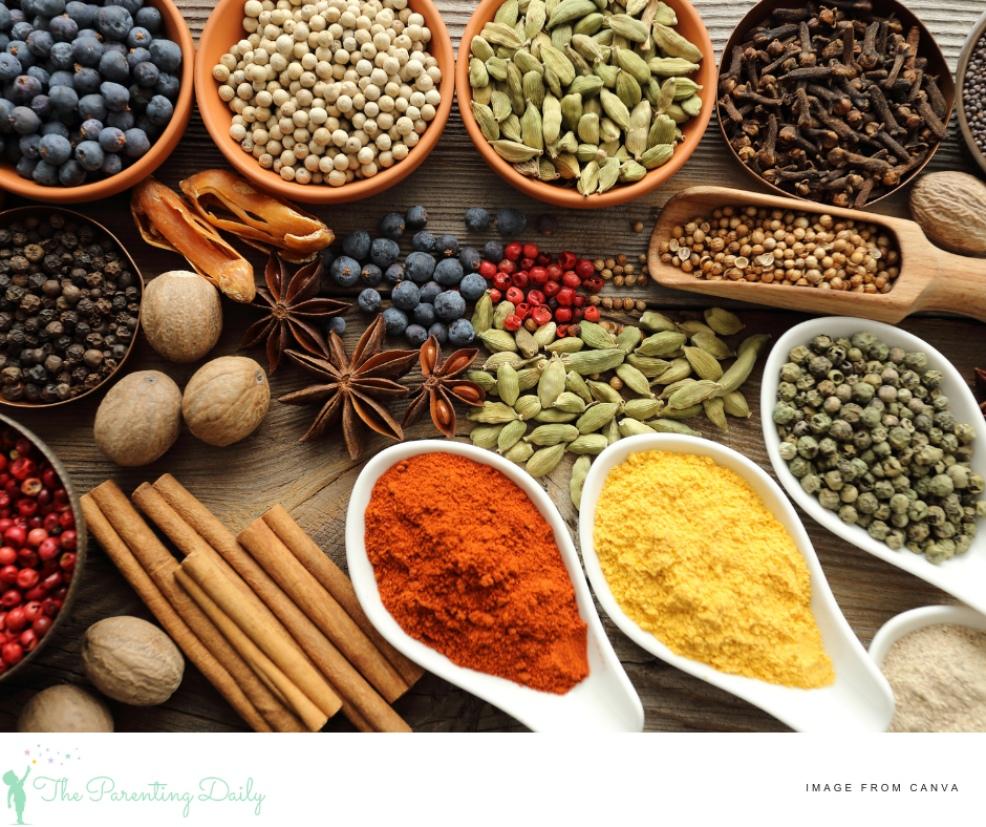
Is a Slow Cooker Healthy for Weight Loss?
In the quest for weight loss, the journey is often paved with challenges like time constraints, meal-planning fatigue, and the ever-present temptation of convenient but unhealthy food options. Many of us return home after a long day with little energy to prepare a nutritious meal, making takeaway menus seem all too appealing. However, a simple kitchen appliance, the trusty slow cooker, might just be the convenient and effective partner you need to achieve your weight loss goals.
The Slow Cooker: A Convenient Ally for Healthy Eating
One of the greatest hurdles in maintaining a healthy diet is the time and effort required for meal preparation. A slow cooker significantly reduces this burden, offering an effortless way to ensure a wholesome meal is ready and waiting for you.
Effortless Meal Preparation
The "set it and forget it" nature of a slow cooker is its biggest advantage.You can simply add your ingredients in the morning, set the timer, and return hours later to a delicious, home-cooked meal. This convenience drastically cuts down on the likelihood of opting for high-calorie takeaways or processed meals, especially on busy days. Walking into a kitchen filled with the aroma of a ready-made dinner provides a powerful incentive to stick to your healthy eating plan.
Total Control Over Your Ingredients
When you cook at home, you have complete control over what goes into your food. Slow cooking encourages the use of fresh, whole ingredients like lean proteins, colourful vegetables, and wholesome grains This means you can avoid the hidden additives, preservatives, unhealthy fats, and sugars often found in restaurant or pre-packaged meals. These nutrient-dense, home-cooked meals contribute to your overall health and promote a feeling of fullness, which can help prevent snacking between meals.
How Slow Cooking Actively Promotes Weight Loss
Beyond convenience, the slow cooking process itself offers several benefits that directly support weight management goals.
Reduces the Need for Unhealthy Fats
Slow cookers cook food slowly in a moist environment, which prevents it from sticking to the pot. This means you can cook meals with little to no added oil or fat, a simple change that can significantly reduce the overall calorie count of your dishes. While many conventional home-cooked meals involve frying or sautéing in oil, slow cooking eliminates these methods without sacrificing flavour.
Enhances Flavour Naturally
The long, low-temperature cooking process allows the flavours of herbs, spices, and vegetables to meld and intensify over time. This creates rich, deeply flavourful dishes without the need for high-calorie sauces, excessive salt, or added sugars to make them palatable. You can create satisfying and tasty meals that don't leave you feeling deprived, making it easier to stick to your weight loss journey in the long term.
Encourages Portion Control and Batch Cooking
Slow cookers are typically large, making them perfect for batch cooking. Preparing a large quantity of a healthy stew, curry, or soup allows you to portion out meals for the week ahead. Having pre-portioned, healthy meals ready to go prevents impulsive, unhealthy food choices when you're hungry and short on time. It’s a simple strategy for managing calorie intake and ensuring you always have a nutritious option on hand.
Nutritional Benefits and Considerations
While slow cooking is a fantastic tool for creating low-calorie meals, it's also important to understand its impact on the nutritional content of your food.Slow cooking is particularly effective at preserving minerals like iron, zinc, and magnesium, as well as essential amino acids, which are often degraded by high-heat cooking methods. The process can also break down anti-nutrients in grains and legumes, making them more digestible. However, the extended cooking times can lead to a reduction in some heat-sensitive nutrients, particularly vitamin C and certain B vitamins. To mitigate this, it's best to avoid overcooking your meals and consider adding quick-cooking vegetables towards the end of the cooking time.
Cooking Methods for Weight Loss: A Comparison
| Feature | Slow Cooking | Pressure Cooking | Steaming |
| Fat/Oil Required | Minimal to none | Minimal | None |
| Nutrient Retention | Good for minerals and amino acids; some loss of heat-sensitive vitamins (C, B) | Good for folate; loss of vitamin C and polyphenols | Excellent, especially for Vitamin C and water-soluble vitamins |
| Convenience | "Set it and forget it"; ideal for busy schedules | Very fast cooking time | Quick, but requires more active cooking |
| Best For | Stews, soups, lean meats, legumes | Beans, grains, tough meats | Vegetables, seafood, poultry |
| Flavour Development | Excellent, deep flavour melding | Good, locks in flavour quickly | Maintains natural, fresh flavours |
Healthy Slow Cooker Meal Ideas
A slow cooker's versatility means you can create a wide range of healthy and delicious dishes. Some excellent low-calorie, high-protein options include:
- Slow-Cooker Chicken Casserole: A wholesome and comforting meal that is low in fat and packed with vegetables
- Lentil and Vegetable Soup: A high-fibre, high-protein option that is both filling and nutritious
- Shredded Beef or Chicken: Perfect for serving in lettuce cups or with a side of steamed vegetables for a low-carb meal
- Low-Fat Shepherd's Pie: Use lean mince and top with a cauliflower mash for a healthier take on a classic comfort dish
- Chickpea and Potato Curry: A flavourful, plant-based meal that is low in fat and high in fibre
Potential Pitfalls to Avoid
To get the most out of your slow cooker for weight loss, it's important to be aware of a few common mistakes.
- Don't Use Frozen Ingredients: Putting frozen meat or vegetables directly into the slow cooker is not recommended, as it can prevent the food from reaching a safe temperature quickly enough, creating a risk for bacterial growth. Always thaw ingredients in the refrigerator first.
- Don't Overfill: For even cooking, a slow cooker should be between half and two-thirds full.Overfilling can result in undercooked food.
- Choose Healthy Recipes: Not all slow cooker recipes are created equal. Avoid recipes that call for large amounts of cream, cheese, or processed sauces, as these can add significant calories and fat. Focus on recipes built around lean proteins and plenty of vegetables
Conclusion
The slow cooker can be an incredibly effective tool in your weight loss arsenal. By simplifying meal preparation, reducing the need for unhealthy fats, and giving you full control over your ingredients, it tackles many of the common barriers to healthy eating. It facilitates portion control through batch cooking and enhances the natural flavours of food, making nutritious meals both satisfying and delicious. When used thoughtfully, by selecting lean proteins and nutrient-rich vegetables, a slow cooker does more than just cook your dinner; it actively supports your health and wellness goals, making the path to weight loss a more manageable and savoury journey.















